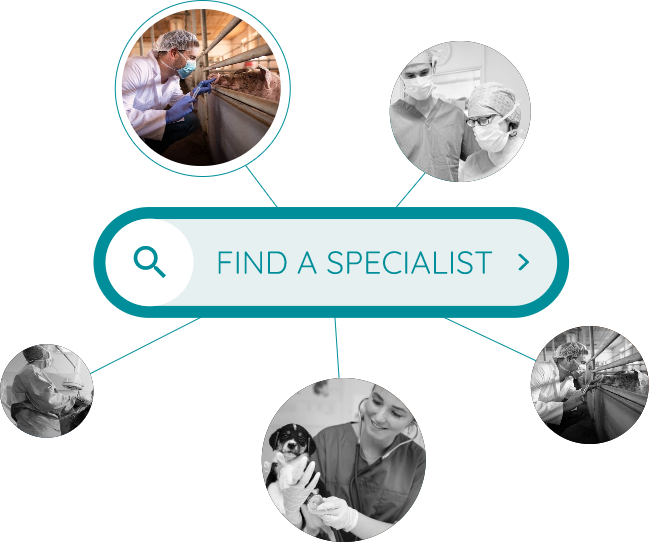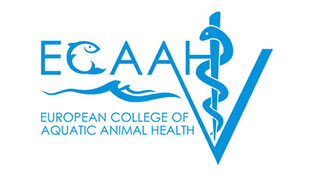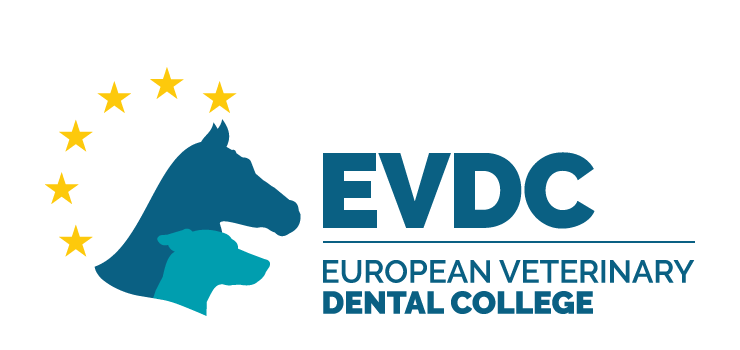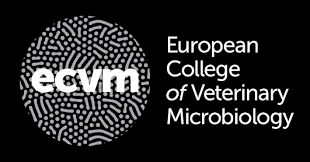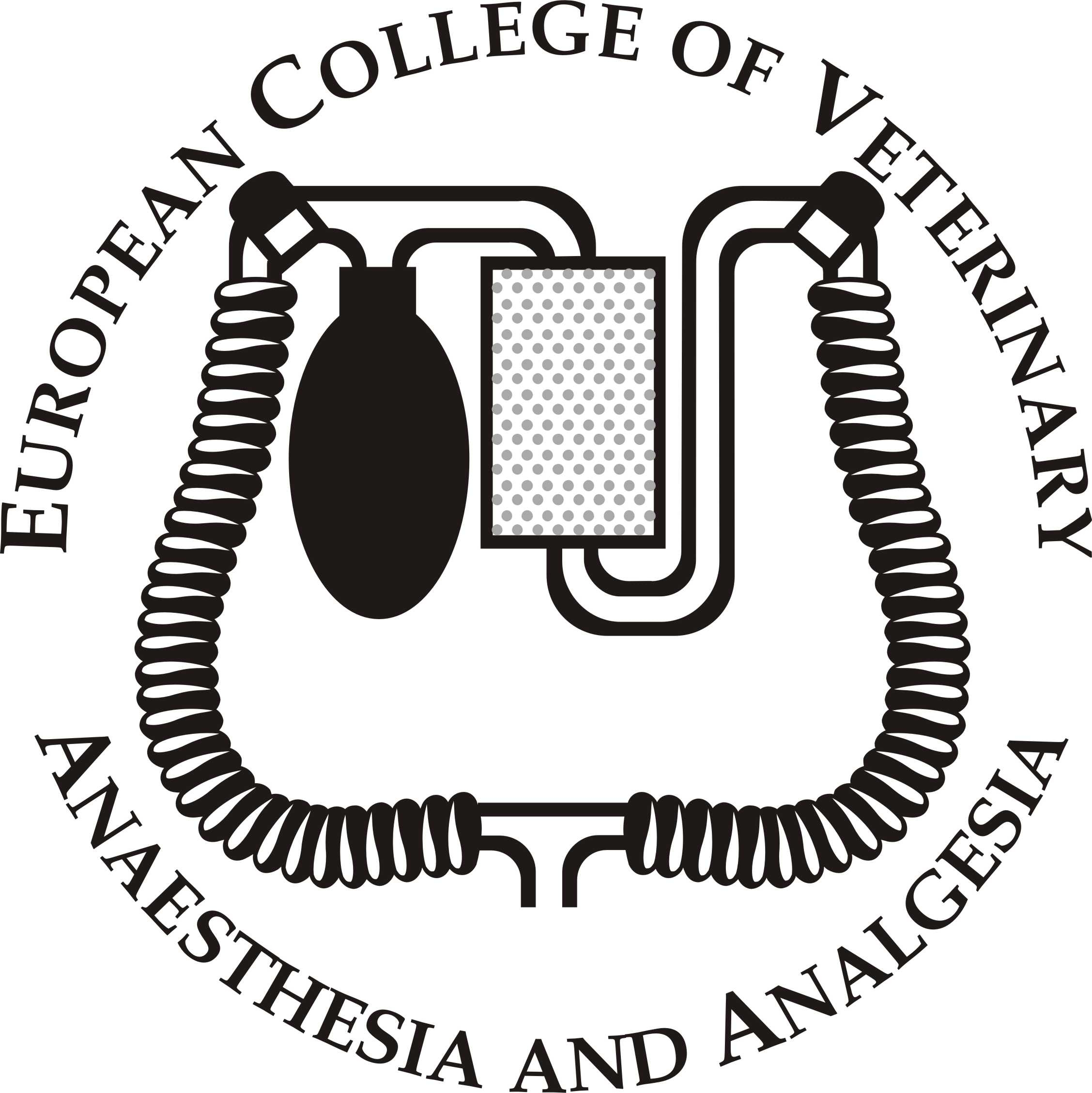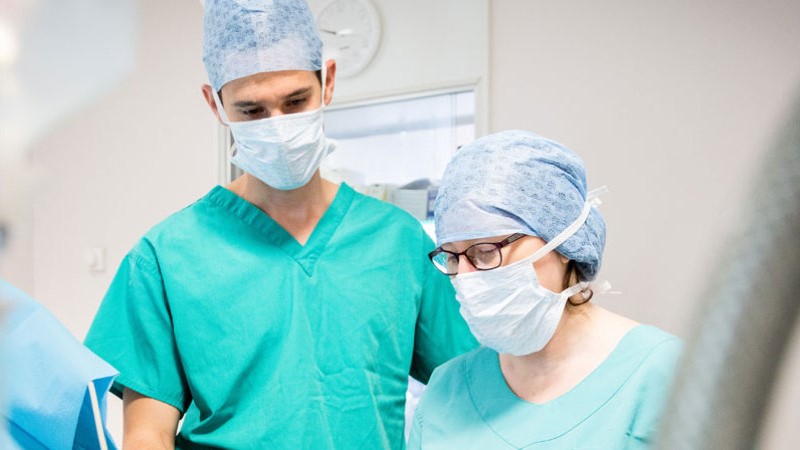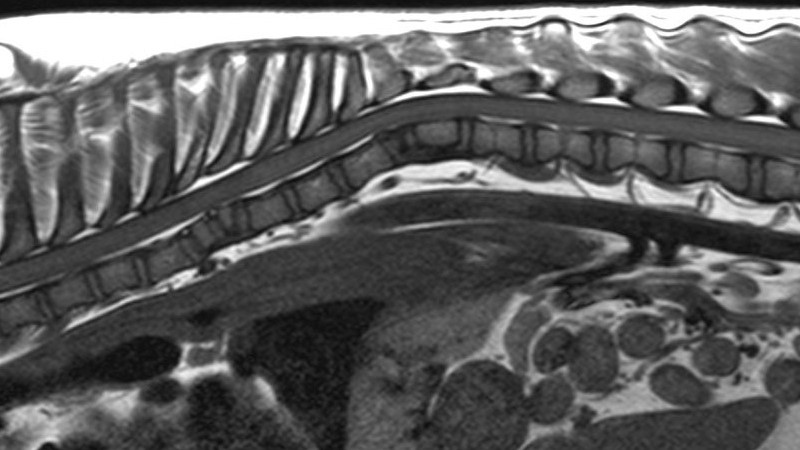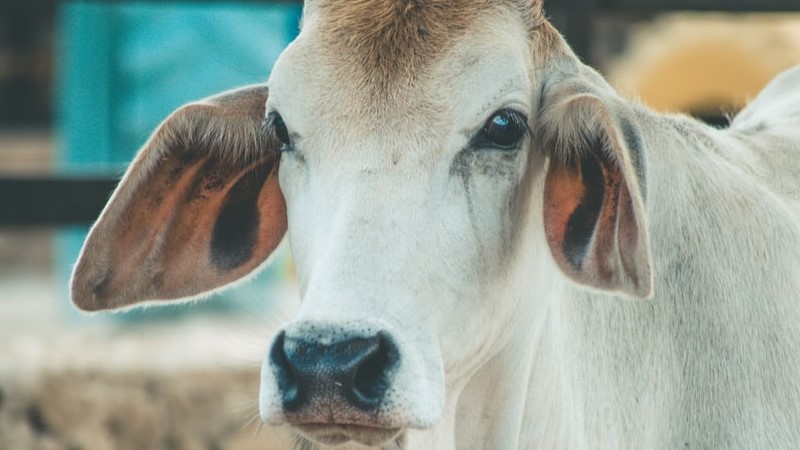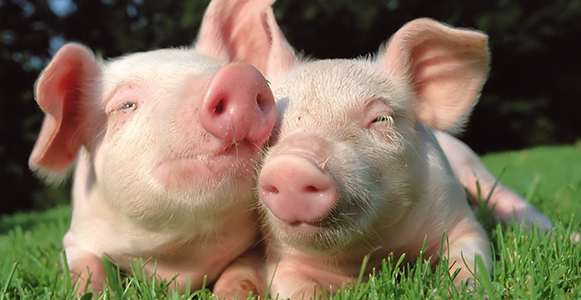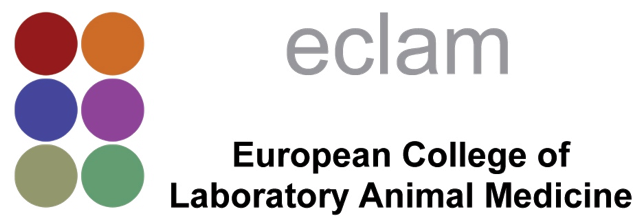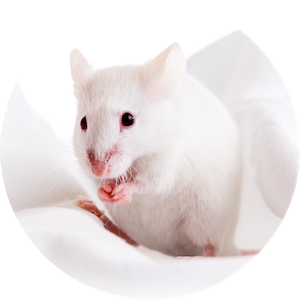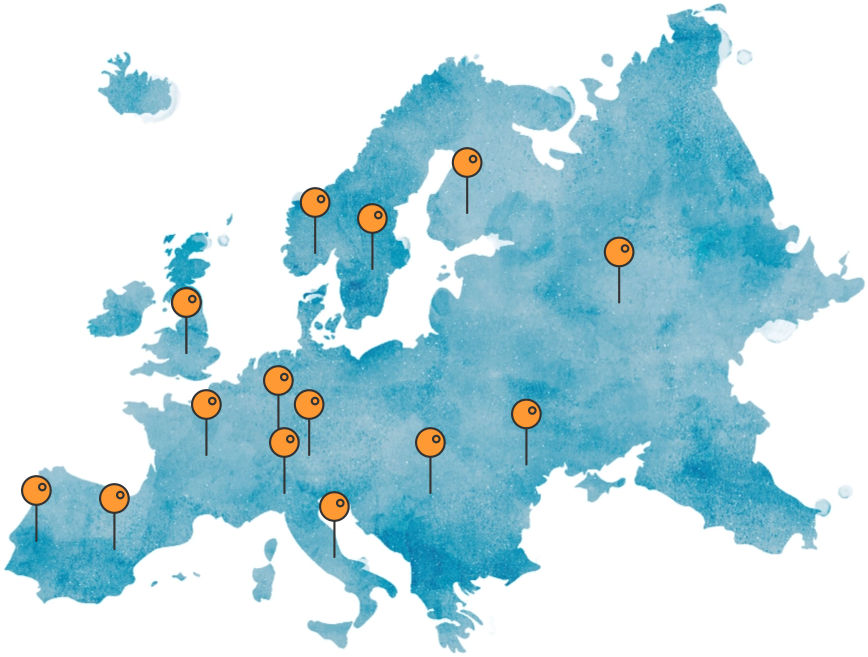Veterinary Specialist Colleges
Colleges
Countries
EBVS® is a European organisation focussed on veterinary specialisation in the Member States of the European Union and its neighbours, particularly Switzerland and Norway. EBVS specialists are also found in other countries.
Events
Vacancies
Publication date: 05/06/2025
The applicant may be appointed as an Assistant/Associate Professor (tenure track) or as a full Professor, depending on their qualifications and career stage. All stages of the tenure track can be entered directly depending on the applicant’s career stage. The aim of the tenure track system is to grant tenure and a permanent position as Professor. The position will be at the Department of Production Animal Medicine in Mäntsälä campus (approximately one hour north of Helsinki). The appointee will be responsible for teaching, research and continuing education of health and diseases of monogastric production animals. The main focus will be in pig health and diseases, however, the appointee will also carry responsibility for coordinating teaching of poultry medicine. The appointee will be required to have experience in clinical pig medicine, including diseases of individual animals and population level preventive healthcare.
Publication date: 05/06/2025
The applicant may be appointed as an Assistant/Associate Professor (tenure track) or as a full Professor, depending on their qualifications and career stage. All stages of the tenure track can be entered directly depending on the applicant’s career stage. The aim of the tenure track system is to grant tenure and a permanent position as a Professor. The position will be at the Department of Equine and Small Animal Medicine in Viikki campus in Helsinki. The appointee will be responsible for the area of veterinary diagnostic imaging in teaching, research, clinical services and continuing education. The main focus can be either in small animal or equine diagnostic imaging, however, teaching will also include relevant aspects in production animal medicine.
Publication date: 03/06/2025
At Vets Now Specialist Referrals and Out of Hours, Glasgow, we have a very rare opening for a Diplomate (RCVS, ECVS or ACVS) or Residency trained Orthopaedic Surgeon to join us on a permanent basis. Applications from Advanced Practitioners with extensive experience working in a referral hospital will also be considered, and applicants who can provide occasional support in Soft Tissue would be beneficial.
Publication date: 14/04/2025
The University of Nicosia School of Veterinary Medicine is seeking highly motivated and enthusiastic faculty members committed to student-centred learning and high-quality research, with relevant academic qualifications in the field of Veterinary Medicine.




